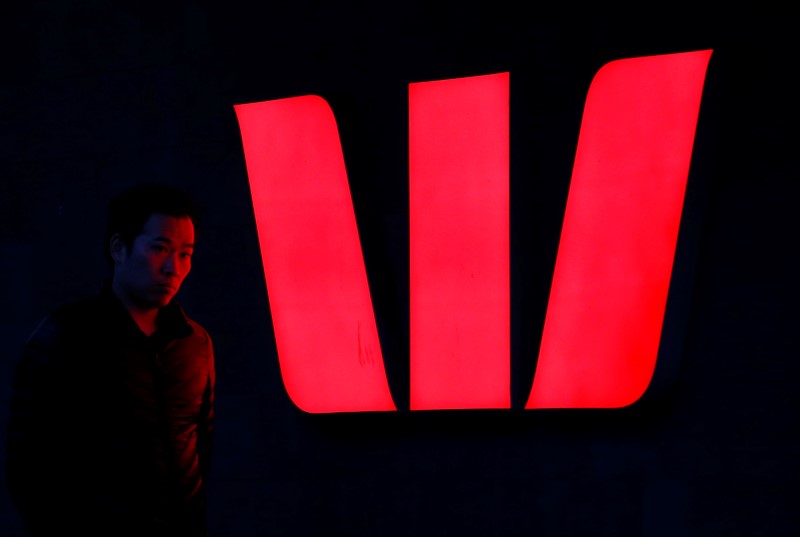MELBOURNE (Reuters) - Australia's No. 2 lender, Westpac Banking Corp (AX:WBC), defended its bank bill trading in court on Wednesday, saying it was crucial to funding the group and managing large amounts of cash it held following the global financial crisis.
The Australian Securities and Investments Commission (ASIC) has argued that communications within the bank and with external traders show Westpac dominated trading of bank bills, debt instruments up to six months maturity, to manipulate a benchmark rate.
The regulator has accused Westpac of rigging the Bank Bill Swap Rate (BBSW), a benchmark in Australia for pricing trillions of dollars worth of assets, to inflate profits from 2010 and 2012.
Its rivals National Australia Bank Ltd (NAB) (AX:NAB) and Australia and New Zealand Banking Group Ltd (ANZ) (AX:ANZ), faced similar charges but agreed to settle soon before court hearings began.
Westpac faces 16 counts of unconscionable conduct, fewer than the others. All three banks have denied wrongdoing.
ASIC told the court on Tuesday that Westpac accounted for as much as 100 percent of bank bill purchases on certain days when it wanted to influence the setting of the BBSW. It said the rate affected billions of dollars worth of Westpac's products.
Westpac's lawyer, Matthew Darke, told the court on Wednesday the regulator had misunderstood the reasons why Westpac made certain trades.
Of the 12 million communications the group had given ASIC, there weren't many that supported the regulator's case, he said.
"There were legitimate commercial reasons for Westpac's trading on each occasion," Darke said.
Westpac increased its holding of liquid assets, including prime bank bills, to A$110 billion ($84 billion) in 2012 from A$20 billion in 2009, to show investors it would be able to fund itself even if overseas markets became distressed, Darke said.
He showed a pattern of spikes and troughs in trading, which he said were due to the banks' traders stepping up buying or selling at times of the month when bank bills were most actively traded in the market.
"There was nothing untoward in Westpac buying large volumes of prime bank bills on a given day," Darke said.
Darke said Westpac had strict rules in place prohibiting sharing of information between Westpac's Group Treasury and its financial markets division, which handled interest rate swaps and currency swaps sensitive to the BBSW.
The rate-rigging allegations, which have already drawn lawsuits from U.S. funds, are but one of several scandals engulfing Australia's highly-concentrated banking sector.
The Australian hearing continues.

($1 = 1.3050 Australian dollars)